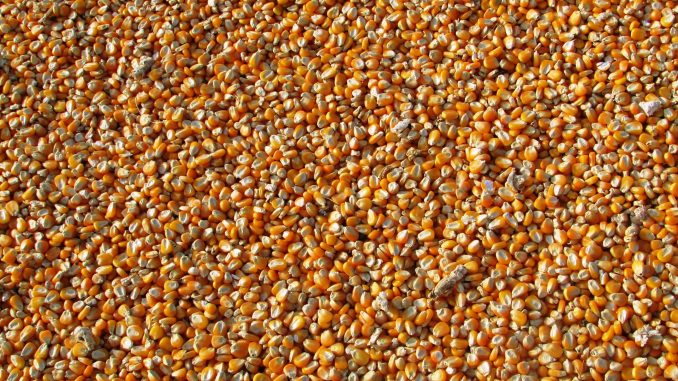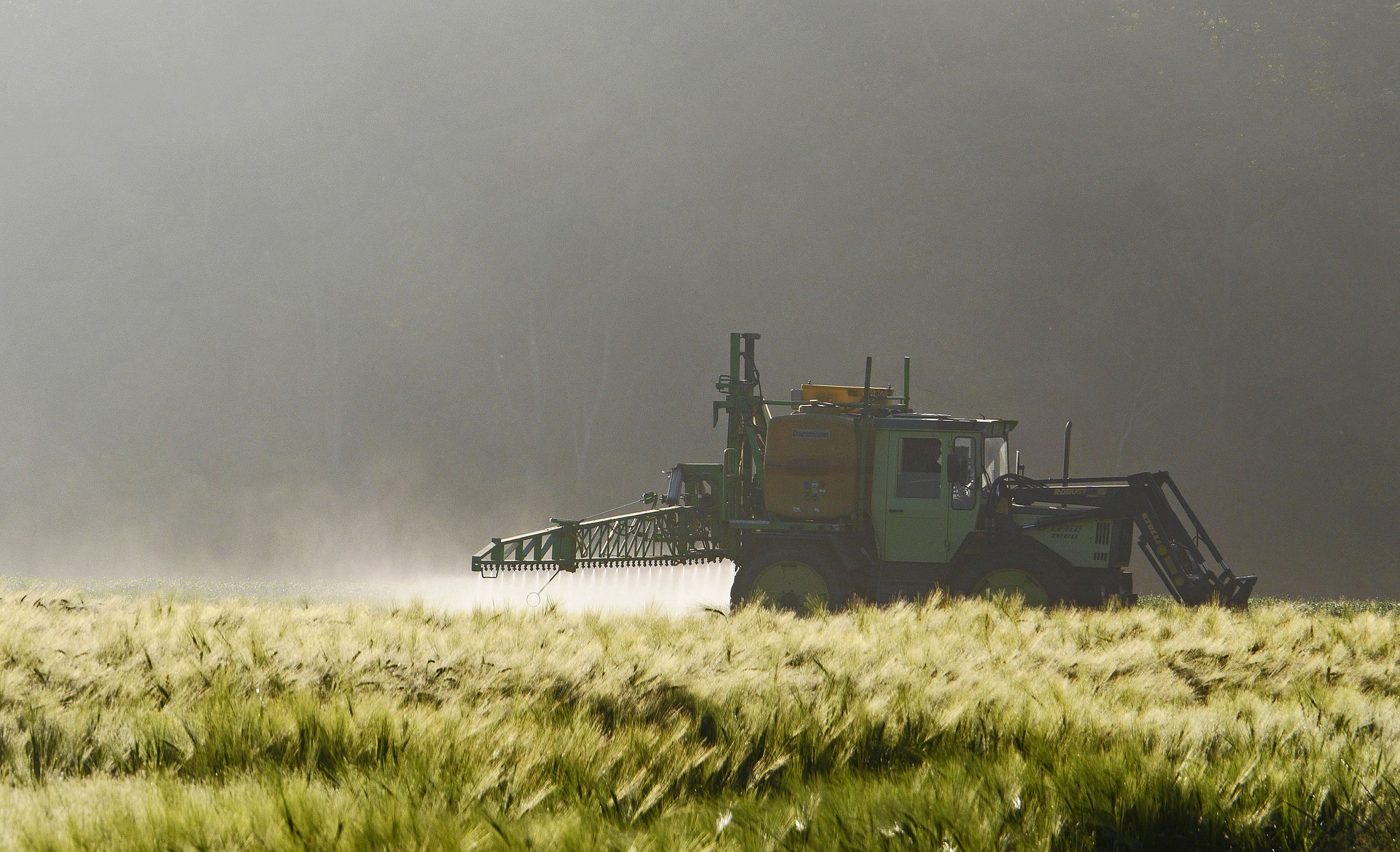
This morning, 25th July, the European Court of Justice (ECJ) passed a ruling that organisms acquired by gene editing are to be subject to the same regulations as other Genetically Modified Organisms (GMOs).
Framed as ‘new breeding techniques’ by the biotechnology industry, gene editing – or mutagenesis – is a process where genetic material is deleted from a target gene sequence. The leads to a genetic mutation in the emerging organism. It has been exempted from the GMO Directive thus far because no foreign DNA is inserted.
So far, mutagenesis has been used to create seed varieties which are resistant to particular herbicides. French agricultural union Confédération Paysanne brought the case to the Court, arguing that they were concerned for the potential health risks of such herbicide-resistant plants. They should, it was deemed, be subject to the same environmental risk assessment, traceability, labelling and monitoring obligations as transgenesis techniques (i.e. more conventional GMOs).

The journal Nature published a study last week which concluded that current gene editing technology (Crispr-Cas9) can produce greater genetic mutations that previously anticipated. This, they said, showed the potential for “pathogenic consequences.”
The biotech industry has been fervently lobbying for some time that mutagenesis, and the corresponding organisms, are safer than older GMOs. This ruling prevents biotech firms from avoiding the GMO Directive by gene editing techniques. Such techniques, the ruling states, produce organisms legally listed as GMOs.
Interestingly the ruling goes against previous statements made by the ECJ advocate Michal Bobek earlier this year. Then he claimed that some mutagenesis techniques may be exempted from the GMO Directive.
Reaction
“Today’s ruling is a victory for food safety and the environment,” says MEP Bart Staes of the Greens/EFA Group. “Just because the industry has come up with new ways to modify organisms does not mean that these techniques should be exempt from existing standards on GMOs.”
The ECJ stated that these new techniques have risks which “might prove to be similar to those that result from the production and release of a GMO through transgenesis.” Exactly to regulate these risks, the EU put in place a set of precautionary measures back in 2001, the EU GMO Directive.
Staes goes on to say that “recent scientific studies show that these new techniques might not be as accurate as the industry claim them to be…[they] may have unintended effects, as well as the potential to increase our dependence on the agri-chemical industry.”
The ruling has environmentalists and animal welfare campaigners across Europe celebrating. GM Freeze Director Liz O’Neill said “This case was portrayed by industry as an argument about definition but the court has seen sense and made it clear that what actually matters is how we regulate emerging technologies that have the potential to permanently alter the ecosystem.”
Industry sources were however disappointed by the decision. Garlich von Essen Secretary General of the European Seed Association said: “It is now likely that much of the potential of these innovative methods will be lost for Europe – with significant negative economic and environmental consequences. That strikes a serious blow to European agriculture and plant science.”
Reaction on Twitter
Europabio, a lobby group for the biotech industry, claimed the ruling would “lock out” Europe from the benefits of gene editing:
However green, organic and small farmer NGOs and others expressed delight:






